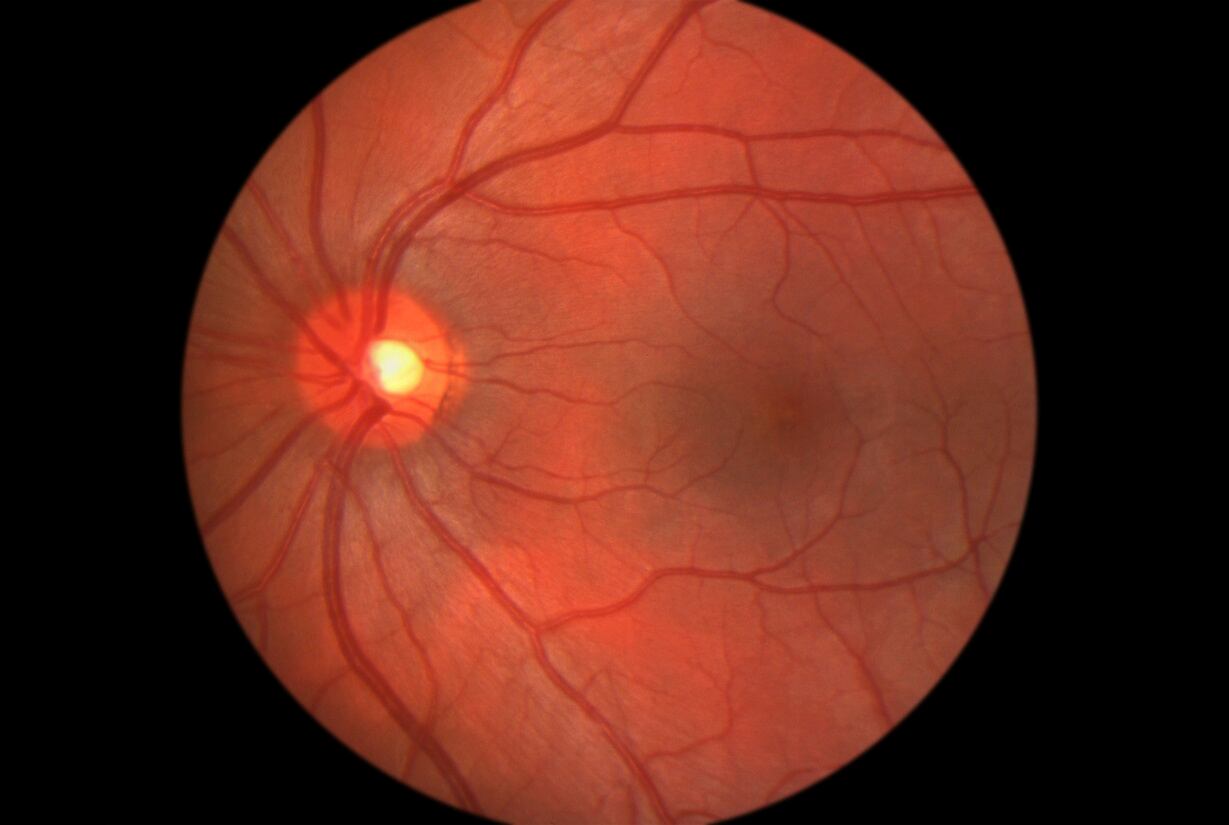Deficient or suboptimal concentrations of vitamin D in the blood were associated with a 2.6 and 1.5 fold increased risk of AMD, according to findings published in JAMA Ophthalmology.
Researchers led by Dr Amy Millen from The University of Buffalo also found an association with polymorphisms in vitamin D genes and the odds of AMD in participants of the Carotenoids in Age-Related Eye Disease Study (CAREDS).
The researchers found that deficient vitamin D levels plus the high-risk genotype were associated with a 6.7 fold increase in the odds of developing AMD.
Suppressing inflammation
The benefits of vitamin D are thought to be linked to suppressing an inflammatory response in the eye, which may be aggravated by select genotypes.
“Macular degeneration has been found to be strongly associated with genetic risk,” explained Millen in a press release. Among many genes linked to AMD, one of the strongest is a specific genetic variant (Y402H) in the complement factor H (CFJ) gene, which codes for the CFH protein that is involved in the body’s immune response.
“People who have early stage AMD develop drusen, lipid and protein deposits that build up in the eye. Your body sees this drusen as a foreign substance and attacks it, in part via the complement cascade response,” she said. “CFH is one of the proteins involved in this response. We see more AMD in people who have certain variants in the gene which encodes a form of this CFH protein that is associated with a more aggressive immune response.”
“We hypothesize that vitamin D suppresses a pro-inflammatory state in the retina via its genomic functions,” wrote the researchers in JAMA Ophthalmology. “Calcitriol is thought to modulate the adaptive immune response to suppress damaging inflammation by decreasing immune cell pro-inflammatory cytokine production, inhibiting dendritic cell maturation, inhibiting T- and B- lymphocyte proliferation, and inducing T-regulatory cell function.”
Eye health

The macula is a yellow spot of about five millimeters diameter on the retina. As we age, levels of the pigments in the macula decrease naturally, thereby increasing the risk of AMD. The yellow color is due to the content of the carotenoids lutein and zeaxanthin.
AMD is the leading cause of legal blindness in people over 50, and affects over 10 million Americans, according to the American Macular Degeneration Foundation.
The majority of the research has focused on the macular carotenoids, but the new study suggests that vitamin D status and genetics may also be linked with AMD risk.
“To our knowledge, this is the first study that’s looked at the interaction between genetic risk and vitamin D status in the context of age-related eye disease,” said Millen, in a release from The University of Buffalo.
Study details
Dr Millen and her co-workers analyzed data from 913 women, 550 of whom had adequate levels of vitamin D (at least 20 ng/mL). A further 275 were considered to have inadequate levels (between 12 and 20 mg/mL), while the remaining 88 were deemed deficient (lower than 12 ng/mL).
While the results showed that the odds of having AMD were higher in women who were vitamin D deficient, increasing vitamin D levels beyond 12 ng/mL did not further lower the odds of AMD to any meaningful extent, said Millen
“Our message is not that achieving really high levels of vitamin D are good for the eye, but that having deficient vitamin D levels may be unhealthy for your eyes,” she said.
The researchers were affiliated with The University of Buffalo, The University of Wisconsin, Madison, The University of Iowa, Kaiser Permanente Research, Fred Hutchinson Cancer Research Center, and Case Western Reserve University.
Source: JAMA Ophthalmology
Published online ahead of print, doi:10.1001/jamaophthalmol.2015.2715
“Association Between Vitamin D Status and Age-Related Macular Degeneration by Genetic Risk”
Authors: A.E. Millen, et al.

